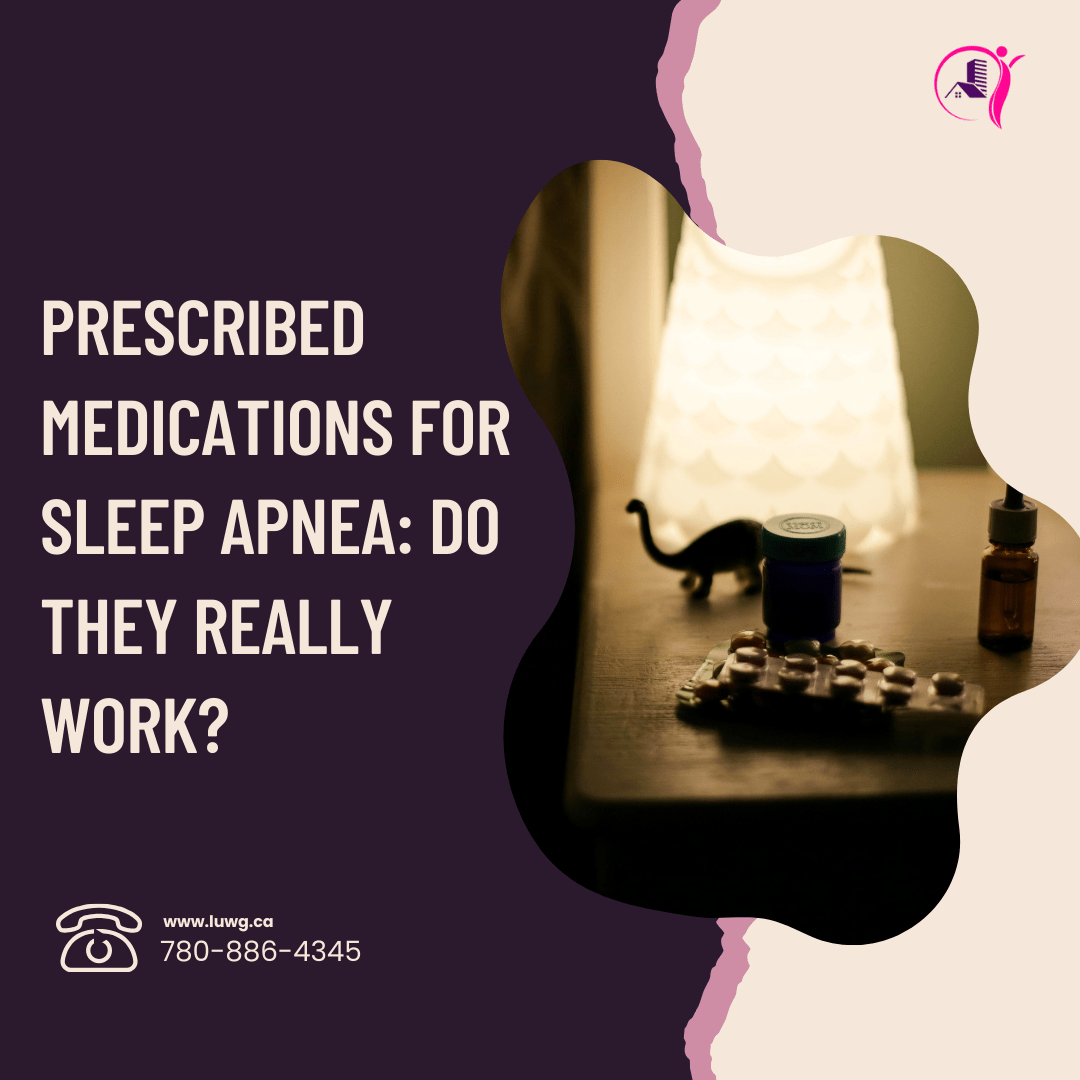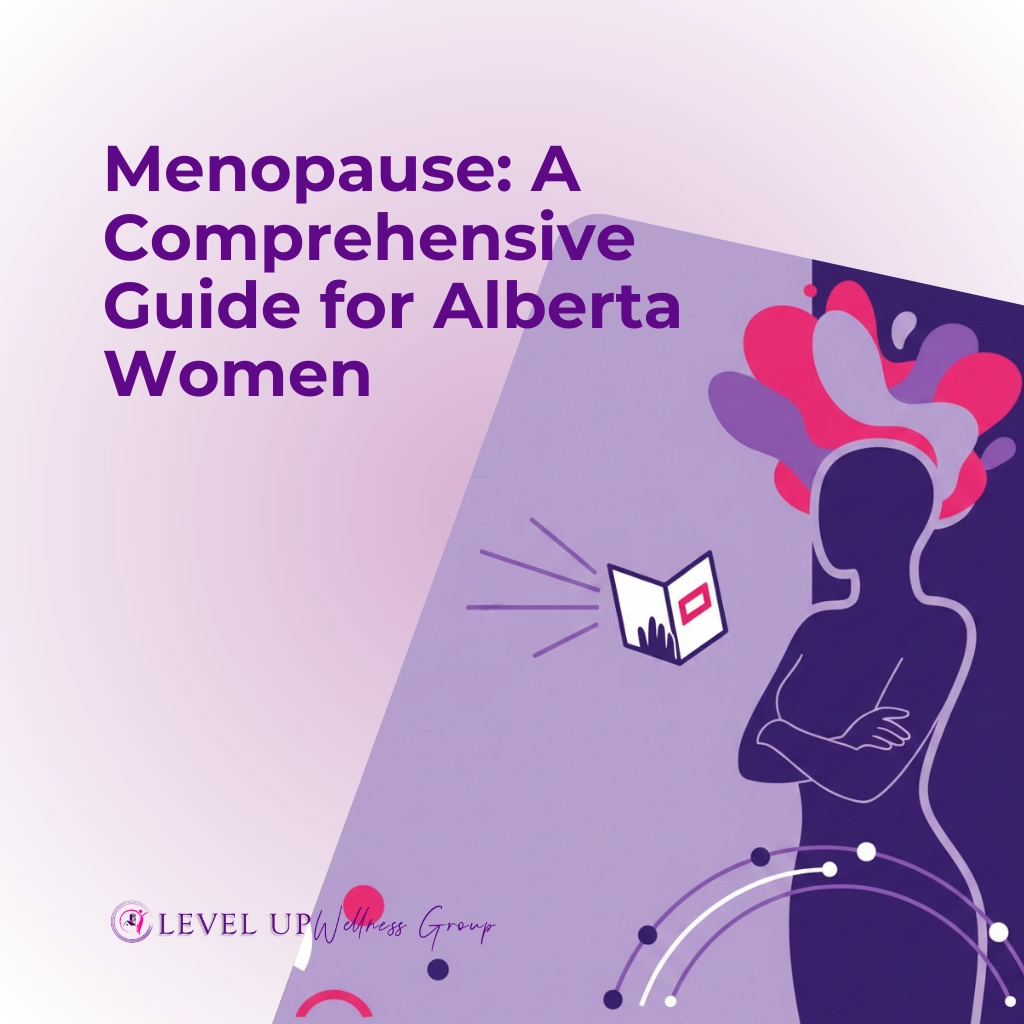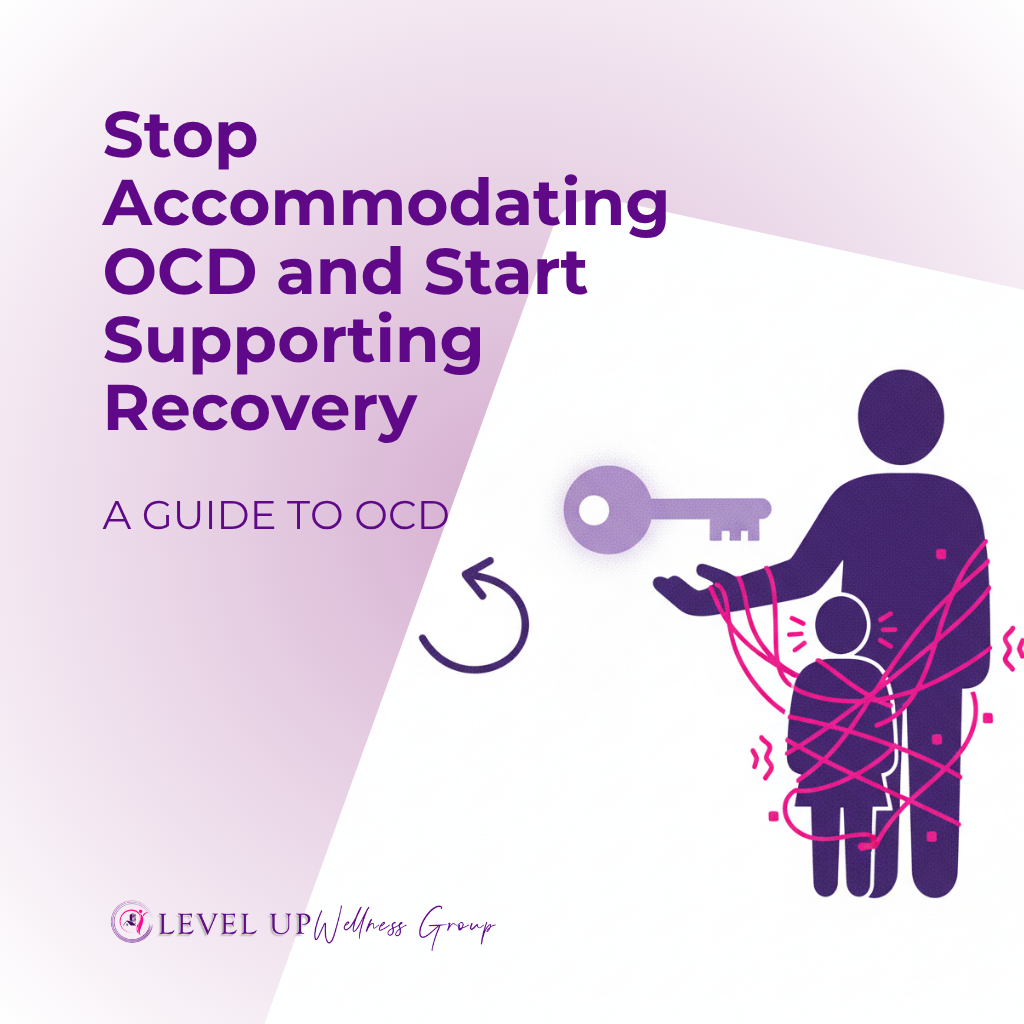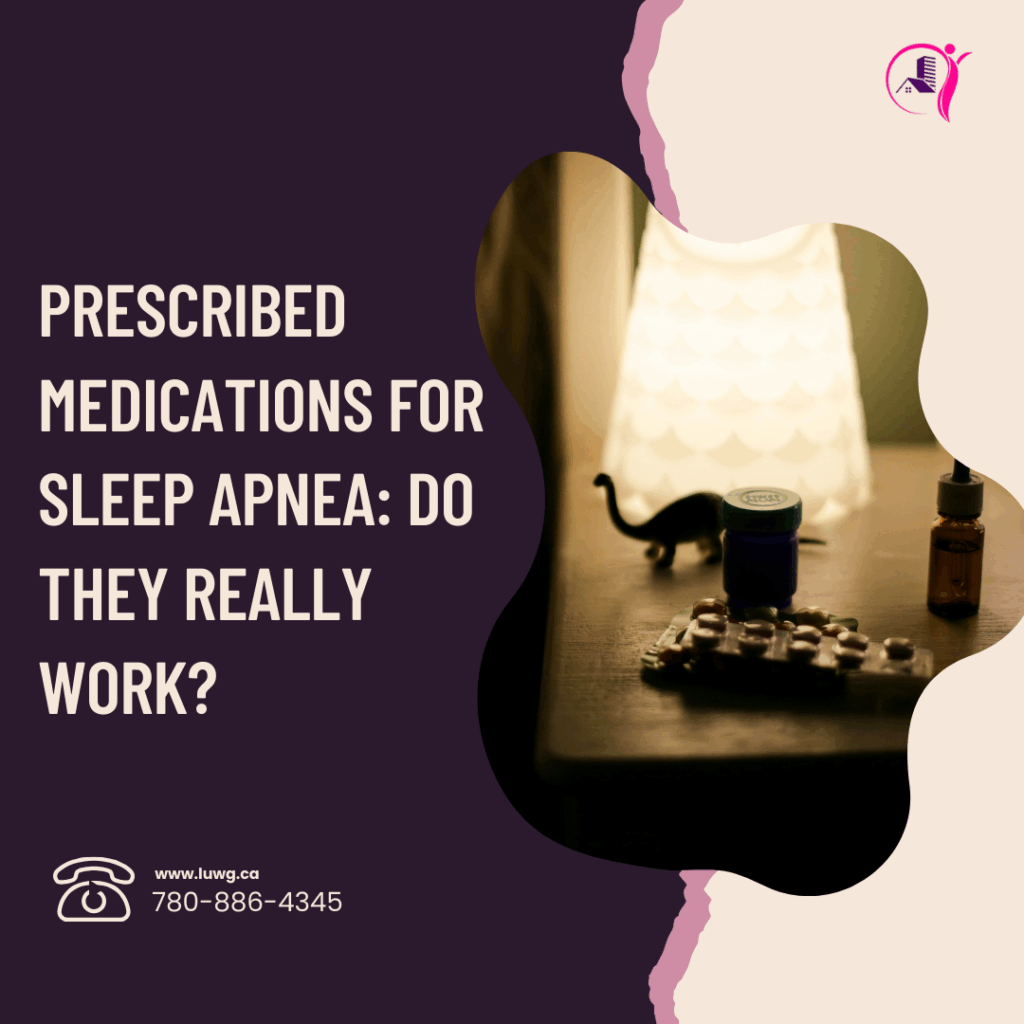
Sleep apnea is a common yet serious condition that disrupts healthy breathing during sleep and affects your energy levels, mood, focus, and long-term health.
At Level Up Wellness Group (LUWG), we regularly work with individuals who are looking for effective solutions that go beyond symptom management. One question we often hear is:
“Can prescribed medications help with sleep apnea?”In this blog, we’ll break down what the latest research is saying, what medications may play a role in, and—most importantly—why your first step should always be a professional medical assessment.
What Is Sleep Apnea, and Why Is Treatment So Important?
- Obstructive Sleep Apnea (OSA): Caused by physical blockage of the airway during sleep.
- Central Sleep Apnea (CSA): Caused by the brain not sending the right signals to breathe.
- Chronic fatigue and poor focus
- High blood pressure and heart disease
- Diabetes and weight gain
- Depression, anxiety, and poor mental health
- Increased risk of stroke
Sleep apnea isn’t just about snoring—it’s about your whole-body wellness.
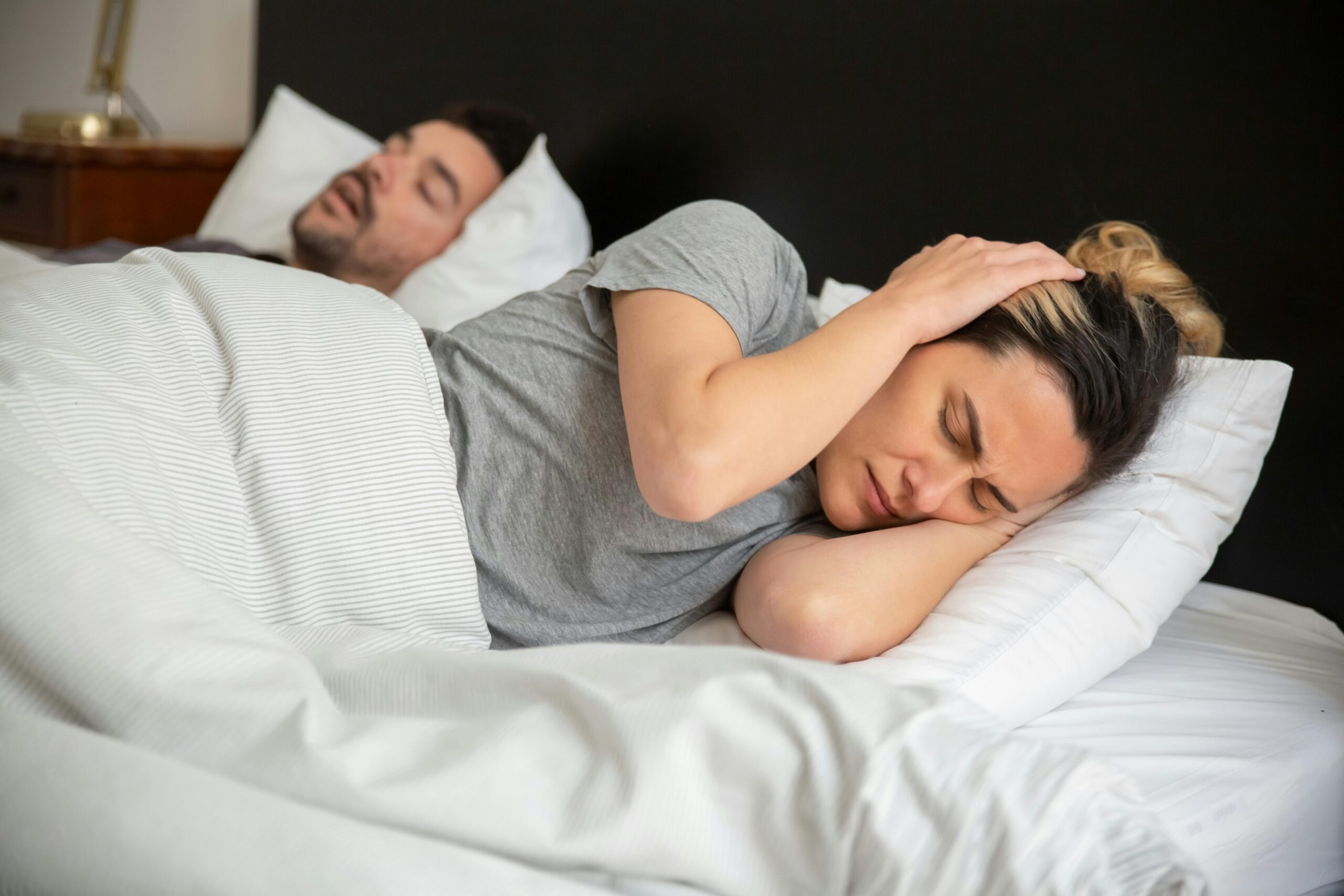
Are Medications the Answer? What You Should Know
As tempting as it may be to look for a quick fix or a pill-based solution, it’s important to understand that sleep apnea is typically caused by physical or neurological factors that medication alone cannot address.
Today, medications are not considered a first-line treatment for obstructive sleep apnea. They may be used in very specific cases to help with related symptoms—but they do not treat the underlying cause: the blocked or unstable airway during sleep.
That’s why at LUWG, we always emphasize a comprehensive clinical evaluation first. Without understanding the type and severity of your sleep apnea, it’s impossible to know what kind of treatment—if any—would work.
So Why Are People Talking About Sleep Apnea Medications?
- Many of these treatments are still in research stages.
- Medications are not FDA-approved to replace current gold standard therapies.
- Even when used, medications are only part of a larger treatment plan, which often includes lifestyle changes, device support, and clinical monitoring.
Why Professional Guidance Is Essential

Everyone’s experience with sleep apnea is different. The symptoms might be similar—snoring, choking during sleep, or daytime fatigue—but the root causes can vary greatly. That’s why seeing a healthcare provider is essential before considering any form of treatment, including medication.
At Level Up Wellness Group, our sleep health team provides:
- Clinical sleep assessments
- Access to at-home or in-clinic sleep studies
- Personalized treatment recommendations based on your needs and medical history
Ongoing support and monitoring, whether you’re using a device, lifestyle intervention, or specialist referral
When Medication May Be Considered (Under Professional Supervision)
In certain situations, a healthcare provider might explore pharmaceutical support for specific symptoms related to sleep apnea—but only after a diagnosis and initial care plan are in place. For example:
- If a person is already using approved therapies but continues to experience fatigue, a doctor may investigate symptom management strategies.
- If there is a complex or central sleep apnea diagnosis, additional therapies may be introduced as part of a customized approach.
In either case, medication is never the starting point—and never used without supervision.
The Bigger Picture: Treating the Whole Person
At LUWG, we believe that long-term wellness goes beyond managing symptoms. For individuals with sleep apnea, this often means combining several approaches:
- Lifestyle modifications like weight management, sleep positioning, or reducing alcohol intake
- Therapies such as CPAP, oral appliances, or surgical options when necessary
- Mental health support to address the emotional impact of poor sleep
- Education and coaching to help maintain long-term sleep hygiene
Medication, if used, would always be part of a comprehensive, personalized wellness plan—not a shortcut.
Our Advice: Don't Self-Diagnose. Book a Sleep Health Assessment Instead.
If you think you may have sleep apnea or are wondering about new treatment options you’ve heard about online or in the media, here’s our professional advice:
Final Thoughts: Medications for Sleep Apnea—Do They Really Work?
The short answer? It depends.
Medications may support symptom relief for some individuals, but they do not cure or reverse sleep apnea. Right now, the most effective treatment plans still involve targeted therapies, lifestyle adjustments, and medical support.
And remember—you shouldn’t try to treat sleep apnea on your own. The risks of leaving it unmanaged are too serious to ignore.
Take the First Step with LUWG
At Level Up Wellness Group, our mission is to provide safe, effective, and evidence-based care that supports your overall health—starting with your sleep. Whether you’re struggling with fatigue, snoring, or already diagnosed with sleep apnea, we’re here to help.
Book your consultation today:


